If you’ve got multiple loans and debts, you know how difficult it’s to stay on top of each one. Honestly, the chaos of numerous payments, deadlines, and interest rates can make anyone go crazy.
Now, if you’ve been searching for a way out, you’ve come to the right place.
Getting a debt consolidation loan can really help you take charge of your loan. But can you get one if you’re on Centrelink benefits?
Well, find out more about this down below.
What this article covers:
- What Are Debt Consolidation Loans?
- What Happens With a Debt Consolidation Loan?
- Can Centrelink Customers Get a Debt Consolidation Loan?
- Benefits of Debt Consolidation Loans
- Drawbacks of Debt Consolidation Loans
- What Types of Debt Can You Consolidate?
- Do You Have to Consolidate All Your Debts?
- Is There a Difference Between Debt Consolidation and Debt Agreement?
- What are the Alternatives to Debt Consolidation Loans?
- What Happens If You Miss a Debt Consolidation Loan Payment?
What Are Debt Consolidation Loans?
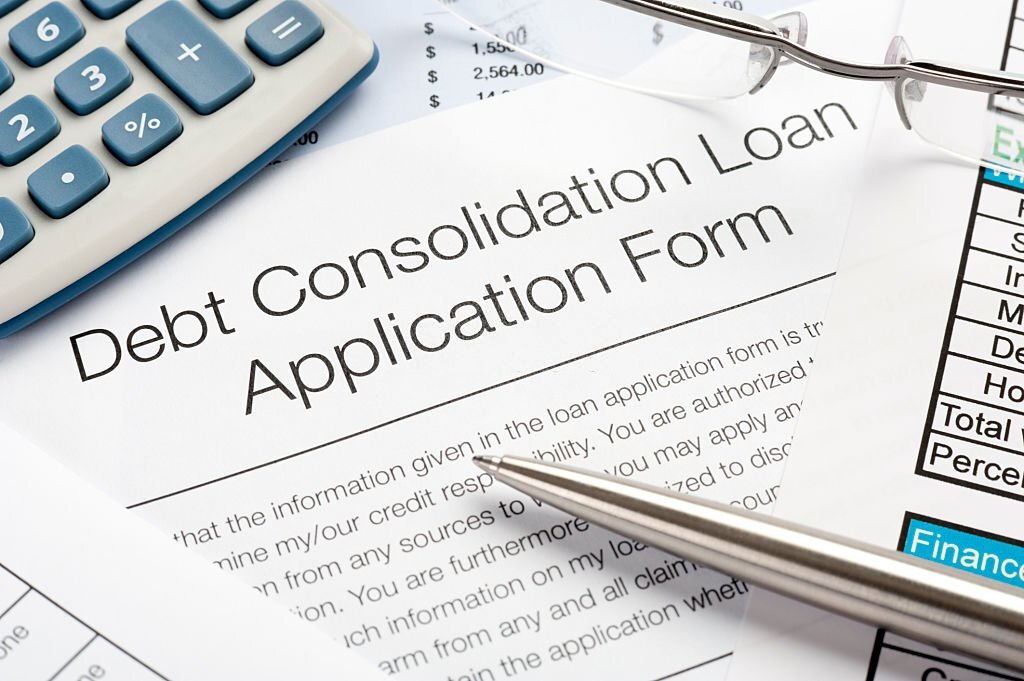
In a nutshell, a debt consolidation loan enables you to merge all your existing debts into one simple debt.
Now, why is one large debt better than multiple smaller debts?
Well, multiple debts are harder to manage. They come with different creditors, interest rates, monthly payments, and repayment dates.
So, when you combine all your debts into one, you stop having to juggle all these loans. You don’t have multiple creditors calling you every day, demanding their payments.
You just have one loan that you need to pay back, and with one interest rate. And get this—the interest rate of a debt consolidation loan is usually lower than the total interest rates of all your multiple debts.
So, not only will the debt be easier to pay, but a good consolidation loan will also give you full control over your repayment terms. This means you can pay a small amount over a long period or make larger monthly payments to repay the loan faster.
What Happens With a Debt Consolidation Loan?
When you take out a debt consolidation loan, the loan money is used to repay all your previous debts. Whether you have credit card debt, student loans, or even a payday loan, your creditors are paid in full, leaving you with only one new creditor.
With this new creditor, you’ll discuss your loan terms and repayment schedule, choosing what works best for you. Once everything is settled, all you need to do is make your payments on time until the loan is fully repaid.
Can Centrelink Customers Get a Debt Consolidation Loan?
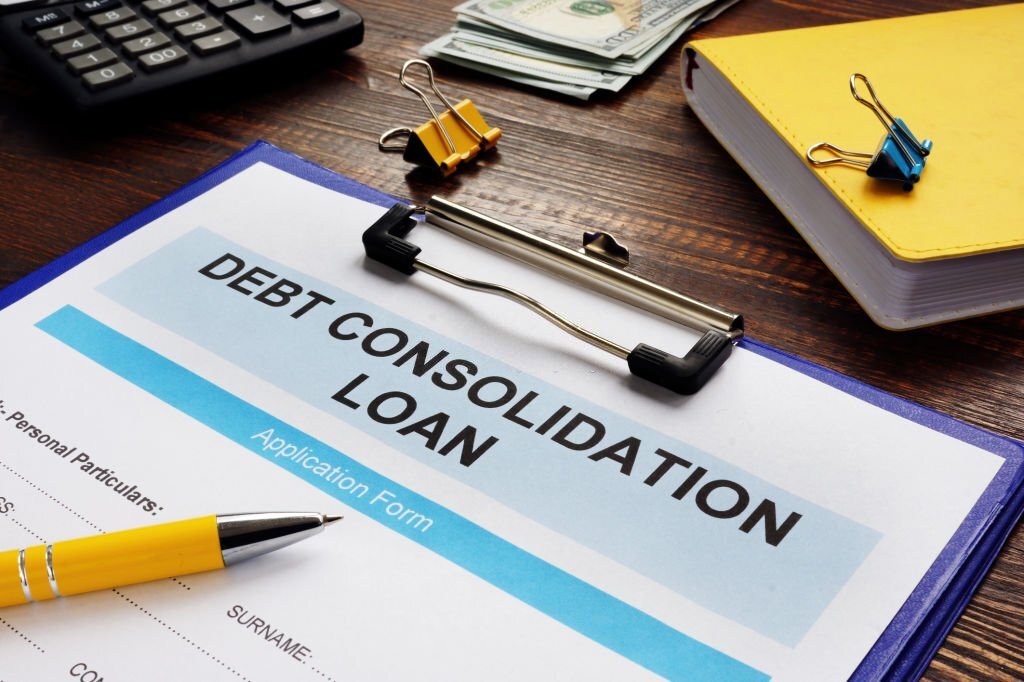
Truthfully, it’s a bit difficult for Centrelink recipients to get a debt consolidation loan. That’s especially true if most or all of your income comes from government benefits.
So, why exactly is that? Well, that’s because Centrelink payments aren’t exactly lucrative. As such, many lenders feel that Centrelink recipients won’t be able to make good on the loan payments.
Nevertheless, you can find several lenders willing to loan you the money, especially if your government payments aren’t too small. For instance, if you’re receiving $480-$500 weekly, you may be able to find a lender to approve your debt consolidation loan.
Benefits of Debt Consolidation Loans
Debt consolidation loans offer many advantages, including:
- Ease of payment: A debt consolidation loan makes it so much easier for you to repay your debts. That’s because you don’t need to juggle different creditors, each with his own interest rate and schedule. You just need to make 1 monthly repayment.
- Control over your loan: You have control over your loan term and monthly payment amount.
- No stressful calls from creditors: Since all your previous creditors will be repaid, they’ll stop hounding you for their money. So, no more threatening calls or letters!
- Lower or frozen interest rates: Typically, the interest rate of a debt consolidation loan is lower than that of multiple debts. So, with a debt consolidation loan, you’ll have more money to yourself at the end of the month.
- Improved credit score: If you make your payments on time and fully repay the debt consolidation loan, your credit score will become significantly better.
- Reduced risk of collateral repossession: If you haven’t been making good on a secured loan, it’s only a matter of time before your creditors repossess your collateral. By consolidating your unsecured loans, you have a better chance of keeping your valuable possession, be it your car, house, or jewelry.
- Reduced risk of lawsuits: If your previous loans were unsecured, then your creditors can take you to court if you fail to pay the loan back. Once you consolidate your loan, these creditors will leave you be, allowing you to focus on paying your new creditor.
Drawbacks of Debt Consolidation Loans
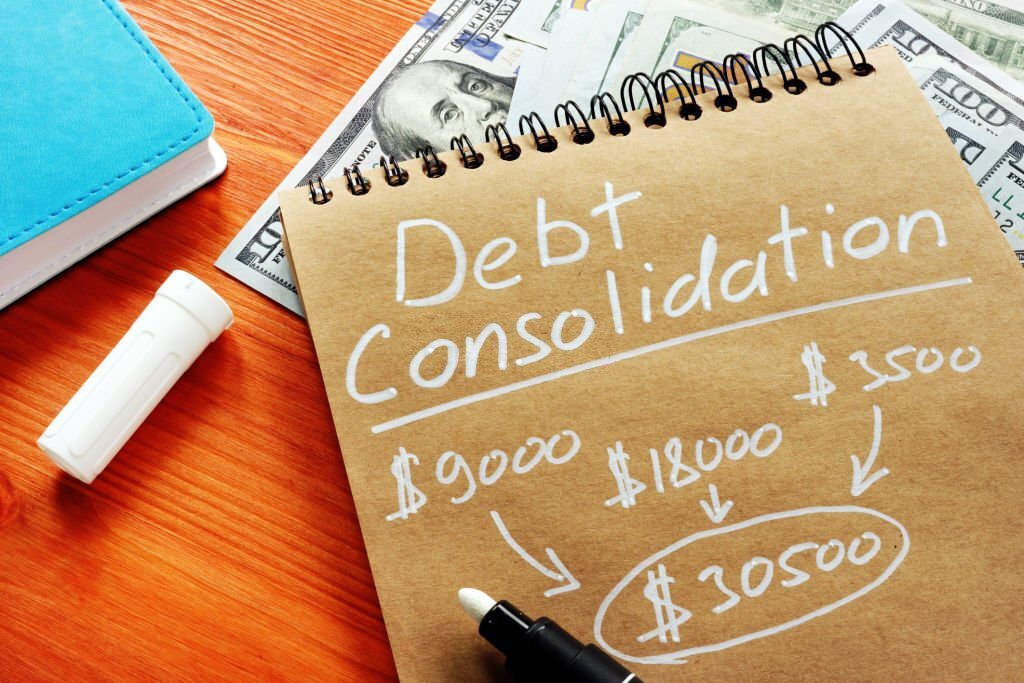
As with everything, it can’t all be sunshine and rainbows. So, let’s see the cons of debt consolidation loans, shall we?
- Unrealistic promises: Unfortunately, some companies give the illusion that debt consolidation loans will get you out of debt however much you owe. However, that’s not always the case. It may help a bit, but a loan is still a loan. So, don’t have unrealistic expectations, or you’ll dig yourself into a deeper hole.
- Hidden costs and expenses: it’s true that debt consolidation loans come with lower interest rates. However, the company may charge you extra for services like application fees, legal fees, valuation fees, and stamp duty. So, make sure you’ll be paying less, not more when you take out a debt consolidation loan.
- Untrustworthy lenders: Sadly, some lenders will try to take advantage of their clients. For instance, they’ll ask you to sign blank documents, not stating in them your loan cost and interest rate. They may refuse to discuss repayment terms and try to rush the process. So, be wary of these untrustworthy lenders.
- Potential loss of provisions: Taking out a debt consolidation loan will prevent you from getting certain provisions like rebates and interest rate discounts.
What Types of Debt Can You Consolidate?
You may be wondering,” Can all loans be consolidated, or are some loans not eligible for consolidation?” Here are the types of debts that you can consolidate into one.
Personal Loans
Personal loans can be secured or unsecured. Typically, you’ll be able to consolidate unsecured personal loans, but the same can’t always be said for secured loans. Some creditors will agree to the consolidation, and some won’t.
Payday Loans
Whether you have one, two, or more payday loans, you can easily consolidate them all into one single loan for ease of repayment.
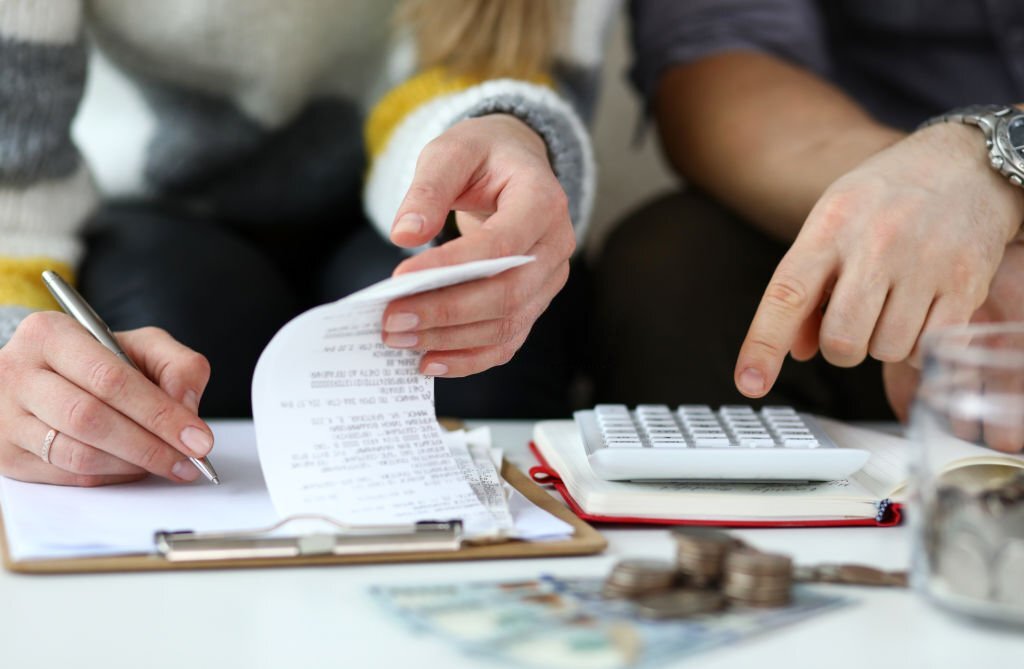
Hire Purchases
Hire purchases, aka instalment plans, usually come with an interest-free period. However, once that period is up, the interest can really accumulate and start getting out of control. By consolidating your hire purchases, you can reduce the total amount you’ll ultimately have to
pay.
Credit Card Debt
Credit cards usually have very high fees and interest rates. That’s why many people like to consolidate their credit card debt as soon as possible.
Store Cards
Many store cards come with interests, and people tend to forget that. If that’s the case with you, you’ll be happy to know that store cards can be consolidated.
Utility Bills
If you haven’t been able to pay your water, gas, and electricity bills, consolidating them will be a great way to make the repayment process less costly and taxing.
Note: You may not be able to consolidate your bills if you’re still receiving the service. The utility company must either freeze your account or send it to a debt collector.
Medical and Dental Bills

If you’ve racked up many medical and dental bills throughout the years, you know how hard it can be to pay them. By consolidating your bills, though, you’ll be able to take a breather.
Student Loans
In this day and age, almost everyone has taken out a student loan at one point or another. So, if you’re struggling to pay your student loan back, consolidate it with your other loans to make repayment a breeze.
Do You Have to Consolidate All Your Debts?
Not really. While it’s possible to do so, you don’t need to include all your debts when you get a debt consolidation loan.
So, when should you exclude a certain debt from the consolidation process?
- If the debt or loan has a lower interest rate or a longer term than that of your consolidation loan, it’s better to keep it separate.
- Home loans typically have very long repayment periods, reaching up to 30 years or more. If you consolidate your home loan with your other loans, you’ll be required to pay it back much faster.
- If consolidating a certain debt puts you at a disadvantage, don’t do it. Keeping track of two loans isn’t that much harder than keeping track of one loan.
Is There a Difference Between Debt Consolidation and Debt Agreement?
Absolutely.
Debt consolidation and debt agreement are two very different things.
Quite simply, debt consolidation aims at lowering the number of creditors you’re dealing with, as well as the cumulative interest rate.
Meanwhile, a debt agreement, aka Part 9, aims at lowering the amount you owe to your creditors.
How exactly does that happen?
Basically, a third party contacts your lenders and negotiates on your behalf to cancel the interest rate of the loan. If the lenders agree to settle, you’ll only be required to pay back the remainder. As such, a debt agreement can be a great way to avoid filing for bankruptcy.
So, don’t confuse debt agreement and debt consolidation. Each has its uses, and each comes with its own set of pros and cons. Think carefully about which one you need before choosing.

What are the Alternatives to Debt Consolidation Loans?
If you think a debt consolidation loan isn’t the right fit for your financial situation, here are a few other things you can try.
Credit Card Balance Transfer
If the majority of your debt comes from using your credit card, then you’d highly benefit from a credit card balance transfer.
Essentially, this is when you transfer your debt from a high-interest credit card to a 0% interest or low-interest credit card. By doing so, you get the chance to pay off your previous debt without adding more to it.
As great as this sounds, the interest-free or “honeymoon” period isn’t endless. When the time comes, the card will revert to a high-interest credit card. So, you need to take care of your debt during this period, or your financial situation won’t improve.
Now, be wary. If bad spending habits are what got you into debt, having this new credit card will do more harm than good.
So, don’t do a credit card balance transfer unless you can kick your bad spending habits once and for all. And make sure to cancel your old and new credit cards once you’ve paid off your debt. That way, you can resist the temptation and keep yourself debt-free.
Debt Agreement

Similar to a credit card balance transfer, a debt agreement gets you an interest-payment plan. As such, you’ll be able to pay off your remaining loans without having to deal with additional interest.
Still, take note that not everyone is eligible for a debt agreement. You can’t propose it if your unsecured debts add up to more than $128,528. Similarly, if your divisible property adds up to more than $257,056, a debt agreement isn’t possible.
Oh, and keep in mind that debt agreement comes with its own share of troubles. For instance, it can affect your ability to get future credit. Moreover, your name will be listed on the National Personal Insolvency Index (NPII) for a limited time.
Still, this beats having to file for bankruptcy and dealing with the aftermath. So, if you qualify for a debt agreement and you think it’ll help you, don’t hesitate to apply for it.
Financial Hardship Assistance
If an unavoidable circumstance has affected your ability to keep up with your bills or loan repayments, you can ask your creditors for financial hardship assistance.
In short, this is when your lenders try to find out ways to help you with your loan. For example, they may defer a payment or set up a new payment plan for you. They may totally alter your loan agreement, whatever will help you most.
So, if your income has been affected by an illness, injury, job loss, natural disaster, or a major life event, make sure to contact your loan provider. While it’s not always guaranteed, lenders in Australia are obligated to consider all financial hardship applications before going to a decision.
Note: Use the Financial Rights Legal Centre sample letter generator to apply for financial hardship assistance.
Selling or Refinancing a Property

If you’re looking for a financial boost, refinancing your home loan can be a great move.
Many homeowners refinance their home loans in order to tap into their home equity and raise funds. Not only that, but refinancing a home also allows you to obtain a lower interest rate or convert from an adjustable-rate mortgage (ARM) to a fixed-rate mortgage (or vice versa).
Still, not everyone will be able to refinance their home. For instance, if your house is at risk of repossession due to missed mortgage payments, selling your house may be your only option.
By selling your property, you’ll be able to pay off your debts and have enough money to downsize to something more affordable. This beats waiting for your creditors to auction off your house for a lower price and leaving you homeless.
What Happens If You Miss a Debt Consolidation Loan Payment?
Well, the good news is you’ll still maintain your debt consolidation loan. The bad news is you’ll be required to pay a late payment fee, and that’s the best-case scenario. The worst is that you may have to deal with an increased interest loan in the future.
Still, if you’re a Centrelink recipient, your lender has most likely already predicted this. As such, he’ll probably give you a grace period before applying the late payment fee.
Now, the grace period will vary from lender to lender, but generally, it won’t exceed 30 days. Once the grace period ends, you’ll be expected to pay the late payment fee as soon as possible.
Tip: If you won’t be able to make your monthly payment, the first thing you should do is contact your lender and explain your situation to him. He may give you an extension or defer this month’s payment. If you don’t, he won’t have any other choice than to charge you a late payment fee.
FAQs
Can I Apply for a Debt Consolidation Loan If I Have Bad Credit?
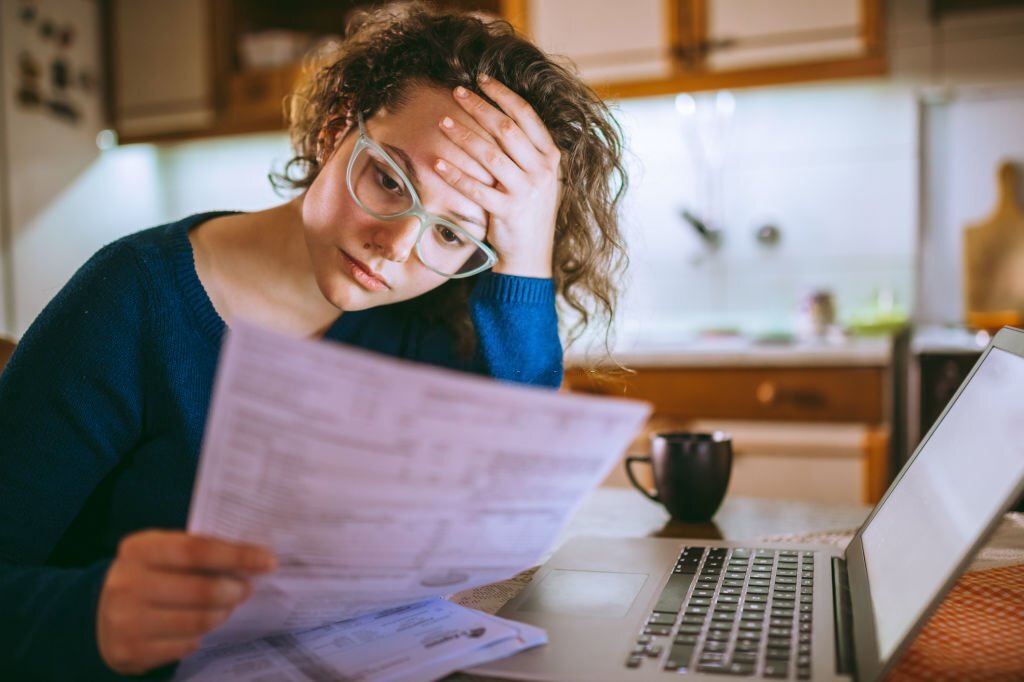
You certainly could, but it’ll take you a few trials and errors till you find the right loan provider. Nevertheless, bad credit debt consolidation loans are a very real thing!! The thing to keep in mind with bad credit is that it’ll incur a higher-than-average interest rate. So, if the debt consolidation loan will cost more than keeping your debts separate, don’t apply for it.
Do You Have to Pay Back Your Previous Credit Providers Yourself?
This will depend on your debt consolidation loan provider. Some will take care of all the details on your behalf. Others will simply give you the needed money and have you deal with the situation yourself.
Can Anyone Apply for a Debt Consolidation Loan?
Absolutely. As long as you’re over 18, an Australian citizen/resident, and not involved in bankruptcy, you can apply for a debt consolidation loan.
Can Debt Consolidation Improve Your Credit Score?
Yes!!! Since you’ll be keeping track of only one loan, it’ll be much easier for you to make your payments on time. By the time you fully pay back the loan, your credit score will have become considerably better.
Conclusion
Getting a debt consolidation loan is an excellent tactic for managing multiple debts. And thankfully, being on Centrelink benefits doesn’t preclude you from getting a debt consolidation loan. But truthfully, it’ll take some time to find a lender who approves your loan application.
Still, once you get the loan, you’ll be able to sleep a little easier. No more multiple deadlines or interest rates. All you need to do is honour your new loan arrangement, and you’ll be golden!!
Was the guide helpful? Check out these extra resources to delve deeper:
- Centrelink Advance Loans
- Centrelink Benefits
- Micro Loans for Centrelink Customers
- Instant Cash Loans on Centrelink 24/7
- Emergency Cash Loans No Credit Check Centrelink
- White Goods Loan Centrelink
- Fair Loans for Centrelink Customers
- Guaranteed Debt Consolidation Loans for Bad Credit Australia Centrelink
- Centrelink Loans for Car Repairs
- Bond Loans for Centrelink Customers
- $500 Centrelink Loan
- No Credit Check Loans: $5,000
- No Credit Check Secured Loan
- I Need a Loan Urgently but Have Bad Credit
- Bad Credit Personal Loans: What Are Your Options?
